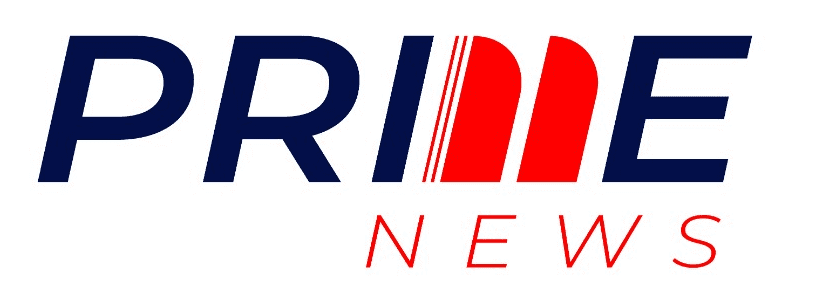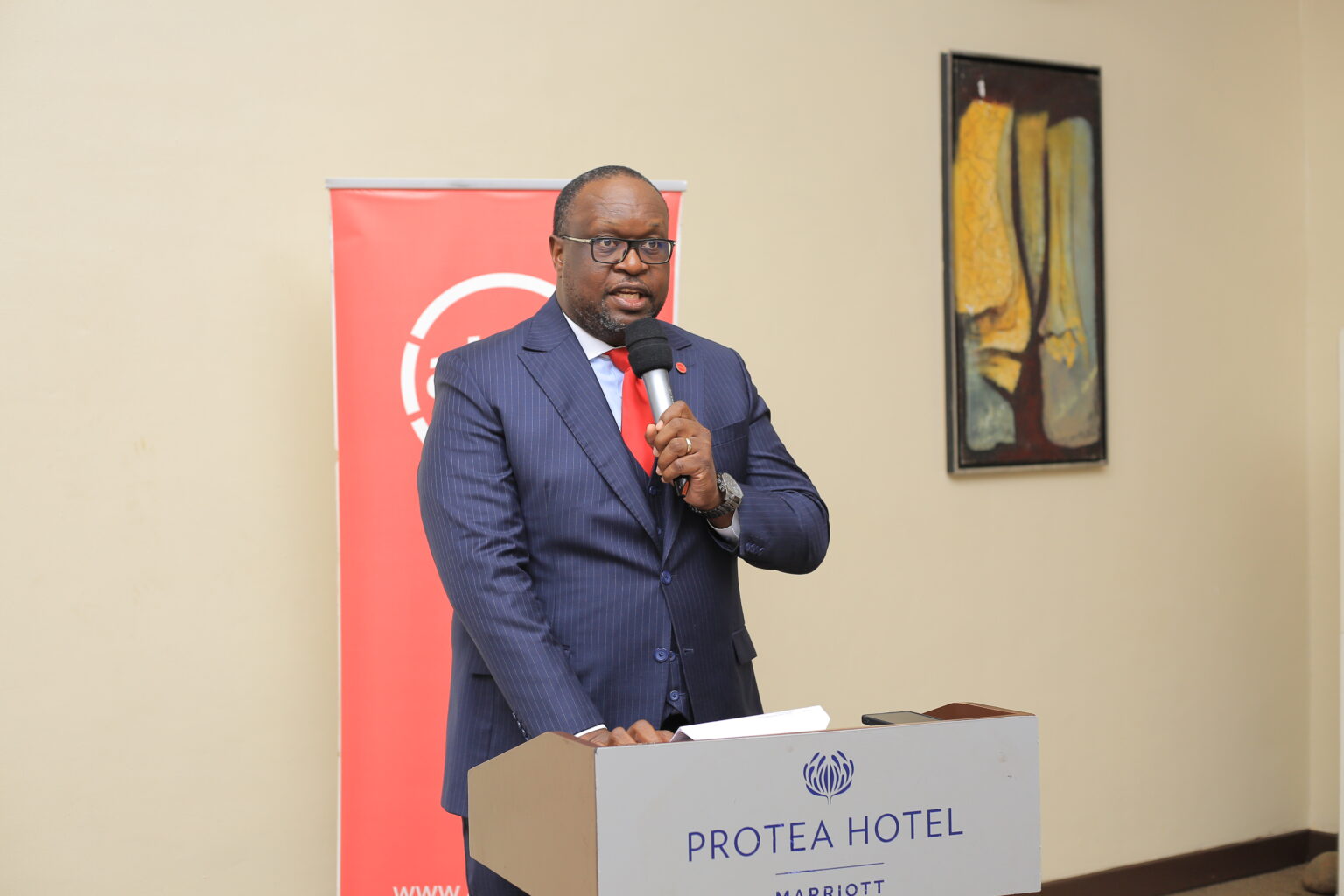In a bid to equip the financial sector with practical knowledge on ethical framework and conduct in daily operations, Absa Bank Uganda has conducted a one-day training for sector compliance experts.
Held at Protea Hotel in Kampala under the theme ‘Building blocks of an ethics programme’, the training was officiated at by the Bank of Uganda (BoU) Executive Director for Supervision Dr. Tumubweine Twinemanzi.
Giving his remarks, Dr. Twinemanzi said that it is important that banks and other financial institutions give special attention to conduct risk if they are to address the upsurge in financial fraud in the post-COVID era.
He added that conduct risks should be treated separately from operational risks.
“I propose that as organisations, we need to begin looking at conduct risk as a separate risk category, track it separately, manage it separately, and have someone accountable at senior management for conduct risk,” he stated.
He added that organisations stand to lose more if they do not take proactive actions on conduct risk, citing at 2008 Global Financial Crisis (GFC) which could have been addressed through conduct risk interventions.
“As an organisation, have you established the relationship between your conduct risk and the consequences of managing it or not managing it very well to your business strategy, your business model, and how you make decisions? Conduct risk will show up on your balance sheet, either on topline or bottom line or most likely both. But all this is useless if you can’t figure a way of embedding conduct risk awareness in the institution,” he said.
Absa Bank Managing Director Mumba Kalifungwa said that managing a good business is about more than just the numbers and making money, but how business is conducted, and choosing to do the right thing.
“Ethical leadership is a conscious decision that fosters the building of trust between employees and creates a strong sense of community and a workplace where respect, fairness, transparency, and accountability are valued and upheld by all employees. Those of us in positions of leadership have a responsibility to model moral behavior that sets the right tone throughout the organisation,” Kalifungwa stated.
Benefits of an effective ethical framework on an organisation, according to Kalifungwa, include building a strong public image, guiding to refine moral perceptions, a greater commitment by employees and loyalty to the organisation, and fostering a sense of accountability among others.
“The customer of today is also more enlightened and watches closely how a business conducts itself before deciding to purchase products or services. An organisation that makes ethical decision-making a part of its everyday business will develop a strong public image and will be trusted. Customers tend to favour organisations known for ethical practices,” he said.
Kalifungwa noted that ethics have led to an improved society with the setting of standards that protect the vulnerable which is good for the self but also good for all.
This, according to him, has enabled the setting of standards in the workplace such as minimum wage, defined working hours, protection for children and expectant mothers and other such standards that create better working conditions and all-round improved society.
He added, “The benefits of a comprehensive ethics framework cannot be overstated, and I hope that each one of us will leave here today empowered with knowledge of how we can make small but gradual steps towards making our organisations truly ethical.”

